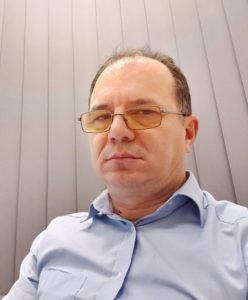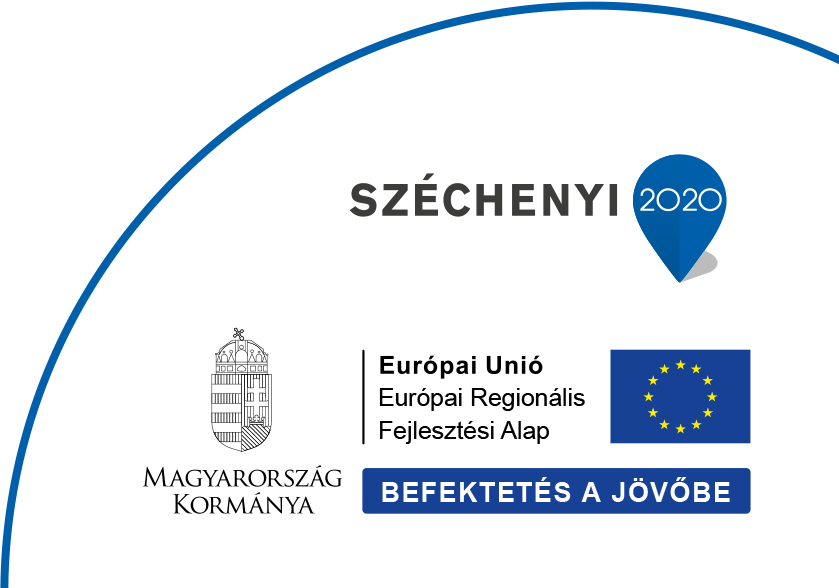
Head of Department:
Árpád Farkas
Tel: +(36-1)-392 2222 / 3404
E-mail: farkas.arpad@ek.hun-ren.hu
The Environmental Physics Department conducts extensive research to characterize environmental burdens from various sources, study the interaction between humans and their environment, and describe health impacts. Our work is carried out within the framework of national and international projects, as well as industrial contracts.
The main research directions focus onrenewable energy sources and related electrical grid challenges, aerosol particles from various energy production processes and other sources and their health effects, the biological aspects of low-dose ionizing radiation, andnuclear energy cycle closure. Particular emphasis is put on themultifactorial analysis of future energy scenarios, application of AI to forecastsolar energy production,identifying the sources of air pollutants originating from combustion and other human activities and characterizing their effects on human health, evaluating host rock designated for final disposal of high-activity and long-lived radioactive waste, vitrification conditioning of radioactive waste, andcorrosion studies of metal containers used as engineering barrier system elements.
Our research infrastructure primarily consists of analytical instruments, including:
- Perkin Elmer Avio 200 ICP-OES (Inductively Coupled Plasma Optical Emission Spectrometer) for trace element determination.
- Thermo Scientific Dionex Aquion Ion Chromatograph for detecting trace ion quantities.
- X-ray fluorescence mXRF instrument with a 15-30 µm beam and TXRF total reflection X-ray fluorescence spectrometer.
For aerosol measurement, essential devices include:
- TEOM 1400a oscillating microbalance.
- GRIMM OPC optical size-fractionated aerosol particle counter.
- GRIMM SMPS 5420, capable of analyzing the size distribution of fine and ultrafine aerosols.
- Magee Scientific Aethalometer AE32-7 for measuring atmospheric aerosol soot content.
- Custom-developed May-type cascade impactor.
- Sioutas cascade impactor for size-fractionated atmospheric aerosol sampling.
The list of aerosol sampling instruments is completed by the recently acquired TSI OmniTrak PM+VOC laser-based aerosol particle size and volatile organic compound analyzer, as well as the Dekati eDiluter Pro, which enables sample dilution for emission sources from flue gases and ambient air.
Members of the Group:
Árpád Farkas, Head of Department
Margit Fábián, group leader, Radioactive Waste and Decommissioning Research Group
Balázs Gergely Madas, group leader
Veronika Oláhné Groma, group leader, Energy Strategy and Environmental Effects (E-SEE) Research Group
Lilla Barancsuk
Berta Börcsök
Endre István Börcsök
Tímea Katalin Erdei
Péter Füri
Dalma Günter
Bálint Hartmann
Milán Klausz
Szilvia Kugler
László Mázik
Boglárka Molnár
Júlia Mónok
János Osán
Szabolcs Polgár
Dian Eszter Pósfayné
Tamás Soha
Milán Sőrés
Bálint Sinkovics
István Tolnai
